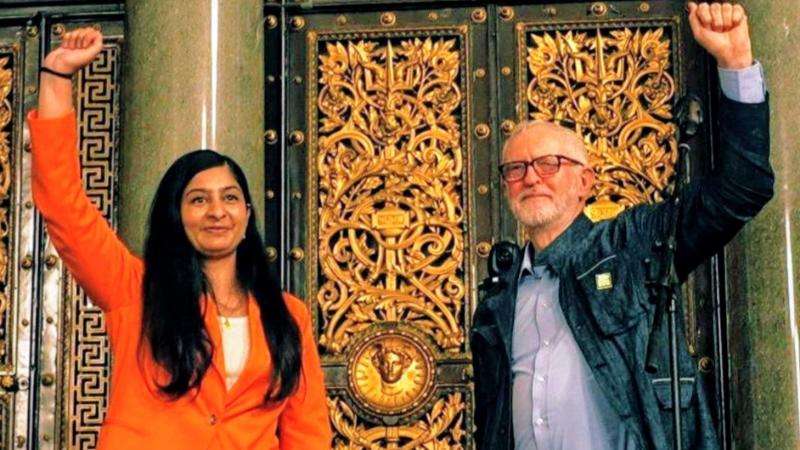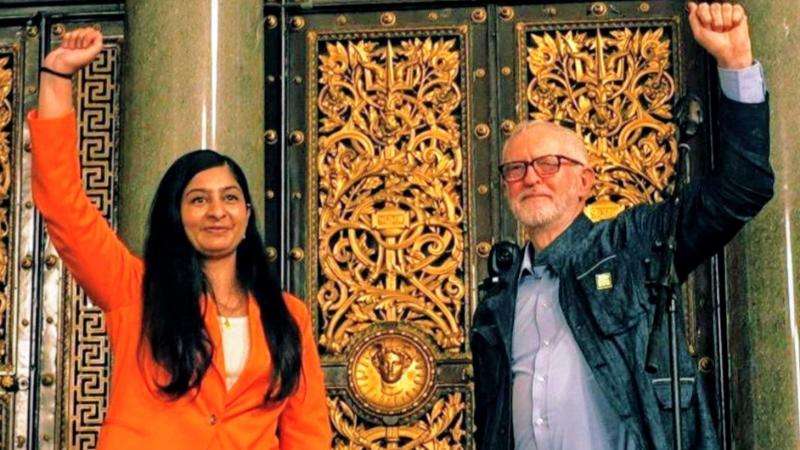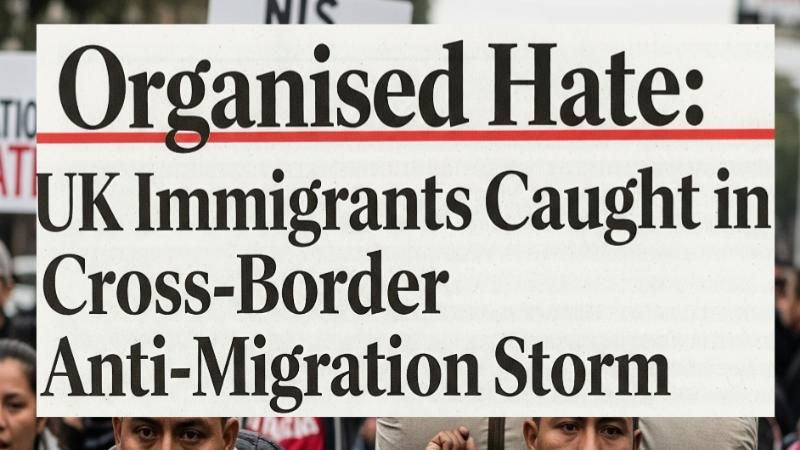The question of Palestine remains one of the most enduring and contentious geopolitical issues of our time. While international recognition and support for a Palestinian state have grown significantly, the path to genuine freedom and self-determination for the Palestinian people remains fraught with obstacles.
The World Stands with Palestine: A Growing Chorus
As of July 2025, a substantial majority of the world's nations officially recognize the State of Palestine. A remarkable 147 out of 193 United Nations (UN) member states, representing approximately 75% of the UN's membership, have extended this recognition. This widespread support predominantly originates from the Global South, encompassing nations across Africa, Asia, and Latin America, alongside the Arab world. Prominent countries like China, India, Indonesia, Mexico, Russia, Saudi Arabia, South Africa, and Turkey, all members of the G20, have formally recognized Palestine. The trend continues, with recent additions in late 2024 and early 2025 including Mexico, Armenia, Slovenia, Ireland, Norway, and Spain, underscoring a persistent movement towards formal recognition.
Europe's Shifting Sands: Growing Recognition
Within Europe, while influential Western powers such as the UK, France, and Germany have yet to formally recognize Palestine, there is a discernible shift in momentum. Sweden notably led the way, recognizing Palestine in 2014. More recently, Ireland, Norway, and Spain took the significant step of formally recognizing the State of Palestine in May 2024, with Slovenia following suit in June 2024. These decisions reflect a growing sentiment within various European nations that a two-state solution, predicated on a recognized Palestinian state, is indispensable for achieving long-term peace and stability. Furthermore, numerous other European parliaments, including those in France, Portugal, Italy, and Greece, have passed motions urging their respective governments to pursue similar recognition.
Why the World Supports Palestine: A Moral and Legal Imperative
The pervasive international support for Palestine is rooted in a confluence of moral, legal, and historical imperatives. At its core are profound humanitarian concerns, with the ongoing crisis in the Palestinian territories, particularly Gaza, eliciting widespread global sympathy for human rights abuses, displacement, and the devastating impact of blockades. This solidarity is reinforced by international law and numerous UN resolutions that consistently affirm the Palestinian people's right to self-determination and condemn the illegality of Israeli settlements in occupied territories. Many nations view their support for Palestine as a commitment to upholding international law and the fundamental principles of justice. The historical narrative of dispossession and occupation, tracing back to the 1948 Nakba and the 1967 war, further resonates, framing the Palestinian struggle as a universal fight against oppression and for fundamental human rights, akin to other decolonization movements. Ultimately, a significant portion of this international backing is driven by the conviction that a viable, independent Palestinian state coexisting peacefully alongside Israel offers the only sustainable resolution to the protracted conflict, with recognition seen as a crucial step towards realizing this two-state solution.
UK Political Landscape: A Spectrum of Views
In the United Kingdom, support for Palestine spans the political spectrum, though with varying degrees of emphasis and specific policy proposals. The Labour Party generally advocates for a two-state solution, calling for unimpeded aid into Gaza and the restoration of UK funding to UNRWA. They acknowledge the illegality of settlements under international law and oppose the Boycott Bill, with a strong pro-Palestine faction within the party actively campaigning for formal recognition. The Scottish National Party (SNP) has been a vocal proponent of Palestinian rights, urging the UK government to emulate Ireland, Norway, and Spain in formally recognizing the State of Palestine, and has committed to initiating a binding vote on this matter in the House of Commons. The Green Party consistently champions Palestinian rights, demanding an immediate ceasefire, an end to military collaboration with Israel, and endorsing the Boycott, Divestment, and Sanctions (BDS) campaign; their manifesto explicitly commits to immediate official recognition of an independent State of Palestine. In contrast, the Conservative Party, while also supporting a two-state solution, typically maintains that recognition of Palestinian statehood should occur only "when the time is right" and "best serves the objective of peace," reflecting their continued strong ties with Israel.
The Paradox: Widespread Support vs. Elusive Freedom
Despite the overwhelming global support for Palestine, the attainment of genuine freedom and an end to occupation remains a distant reality for the Palestinian people. This perplexing paradox stems from a complex interplay of factors. Geopolitical power dynamics play a significant role, with the United States, a key ally of Israel, wielding considerable influence on the international stage, often using its veto power in the UN Security Council to block resolutions that might advance Palestinian statehood. This robust diplomatic and military backing for Israel significantly diminishes the practical impact of broader international consensus. Furthermore, a lack of effective enforcement mechanisms means that while international law and UN resolutions exist, compelling compliance from powerful states often proves challenging, rendering resolutions largely symbolic without concerted global action. Internal Palestinian political divisions, particularly between Fatah and Hamas, have at times impeded a unified and effective approach to international diplomacy and resistance. On the ground, continued Israeli control through settlements, checkpoints, and restrictions on movement in the West Bank fundamentally obstructs the establishment of a contiguous and sovereign Palestinian state, with the ongoing blockade of Gaza exacerbating the humanitarian crisis. While international aid is vital for the Palestinian Authority and humanitarian efforts, it can inadvertently foster a degree of dependency that limits leverage and self-sufficiency. Finally, the principles of realpolitik and national interests often lead many nations to prioritize their relationships with Israel and broader regional interests over fully acting on their stated support for Palestinian rights.
In conclusion, while the global landscape demonstrates increasing solidarity with the Palestinian people and a growing recognition of their right to a state, translating this moral and legal support into tangible freedom and self-determination demands more than mere recognition. It necessitates sustained, coordinated, and impactful diplomatic pressure, unwavering adherence to international law by all parties, and a fundamental shift in the entrenched power dynamics that have long defined this enduring conflict.







.jpg)
.svg)



